Learn

Iwaspoisoned in the Media
From The New York Times, Wall Street Journal, Bloomberg, and USA Today to NPR and the BBC, independent outlets have covered how iwaspoisoned.com helps surface early signals of foodborne illness and informs consumers, public health, and industry. The stories below highlight our mission, methods, and impact—including notable outbreaks first surfaced by our community.
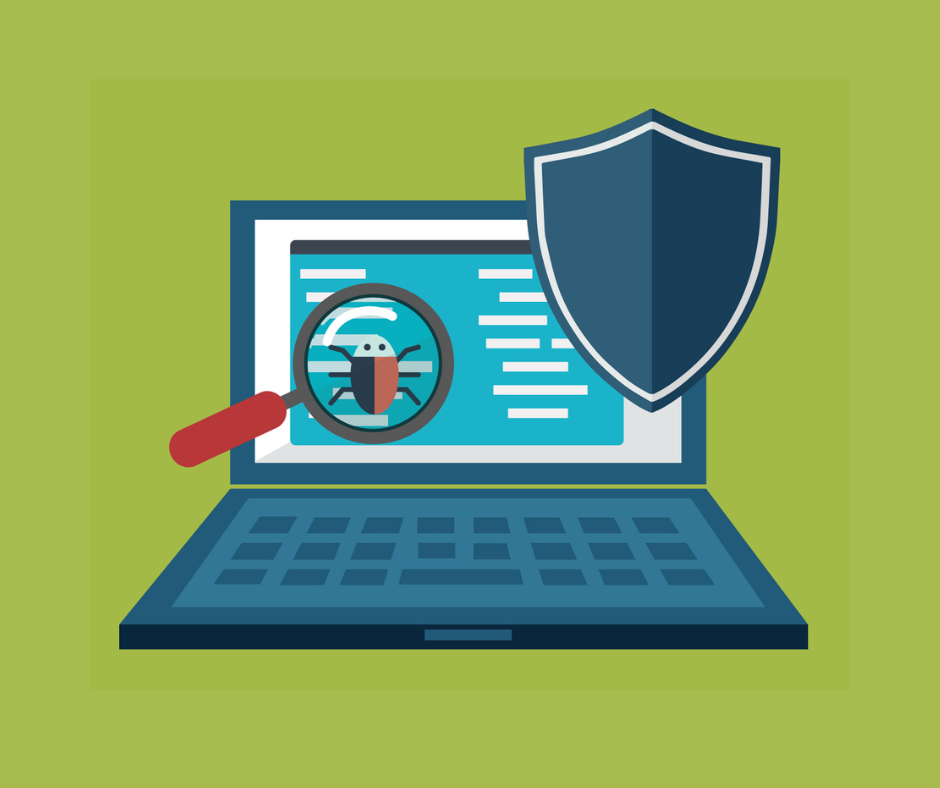
Outbreaks Detected
Outbreaks Detected by Our Community Early detection saves lives. Through the collective power of consumer reporting, iwaspoisoned.com has helped identify potential foodborne illness outbreaks before they became widespread public health crises. Our platform's unique ability to aggregate real-time reports from affected individuals has enabled faster response times from health authorities and prevented countless additional cases. Below are documented cases where user reports on our platform contributed to the early identification of foodborne illness outbreaks, many of which were later confirmed by health departments and covered by major media outlets. These success stories demonstrate the vital role that informed consumers play in protecting public health and the importance of reporting suspected food poisoning incidents.

Book a Conference Collaboration
At Iwaspoisoned.com, our approach to food safety and public health is distinct and innovative. Iwaspoisoned's CEO Patrick Quade, leverages his extensive industry background along with a profound grasp of technology and social media to deliver transformative and educational talks. Please contact us at support@iwaspoisoned.com with detailed information to help us better understand and respond to your inquiry.

Iwaspoisoned.com's Food Safety Talks: Insightful Presentation Options
Iwaspoisoned.com brings a unique perspective to food safety and public health. Our founder, Patrick Quade, combines decades of industry experience with a deep understanding of technology and social media to offer insightful, transformative presentations. We are available to speak at your conference. Read more if you would like to contact us about booking Patrick Quade as a speaker.
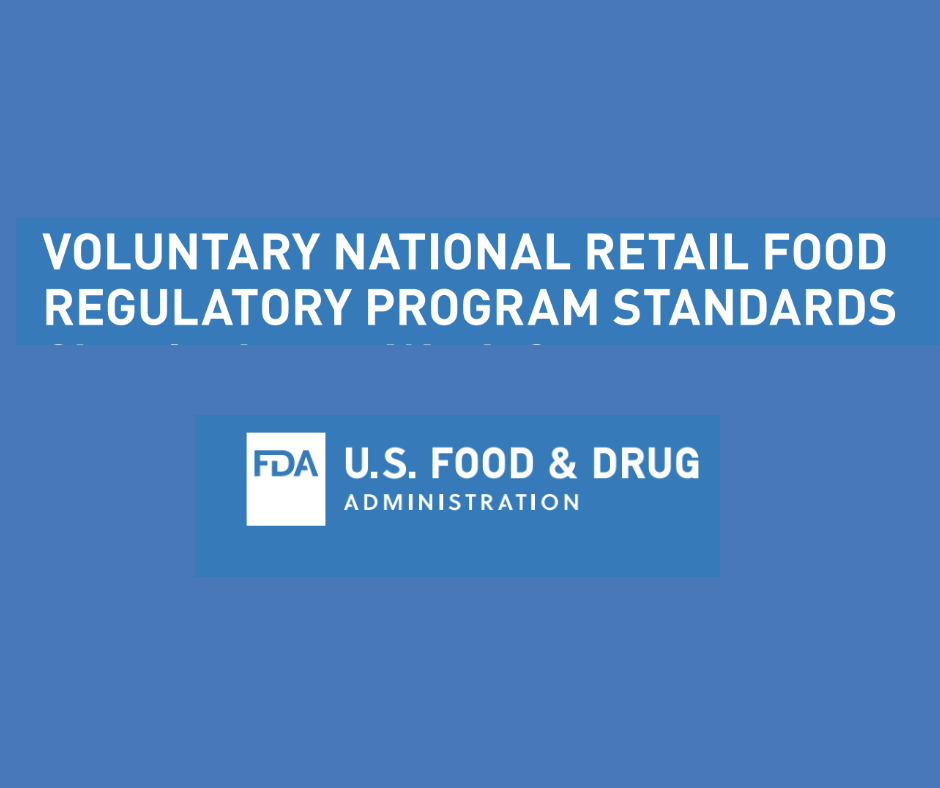
About the FDA’s Voluntary National Retail Food Regulatory Program Standards
The FDA’s Voluntary National Retail Food Regulatory Program Standards are designed to enhance the services provided by food regulatory agencies. These standards serve as a benchmark for measuring and improving food safety and surveillance programs, offering a flexible framework that supports both traditional and emerging approaches to food safety.
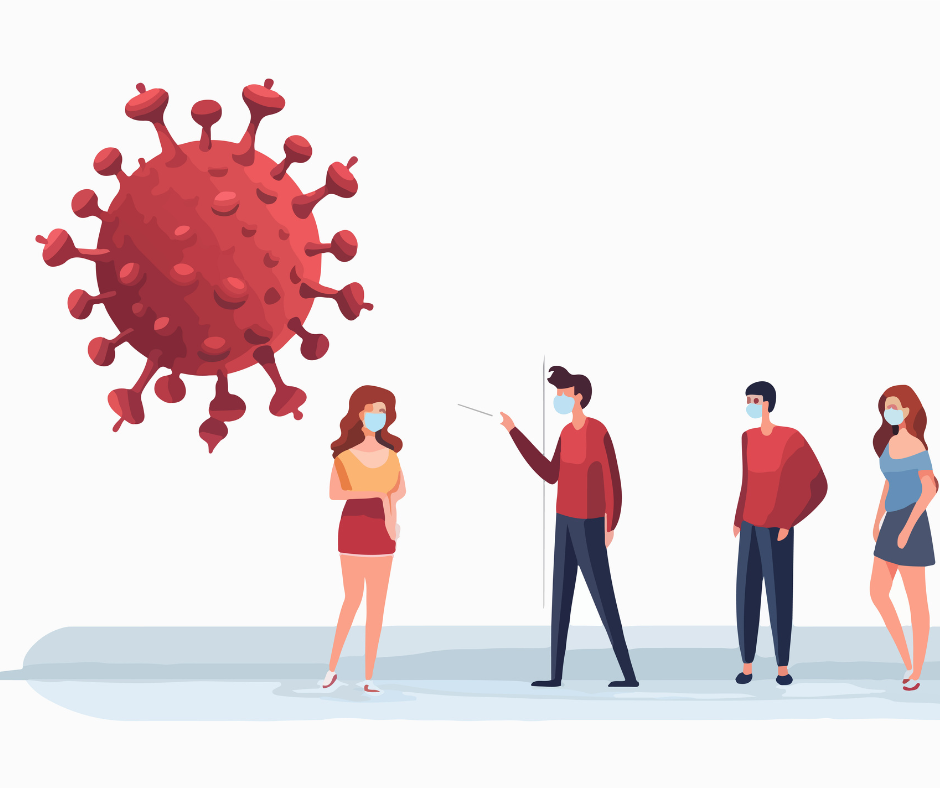
Understanding the Norovirus Challenge
Our Norovirus Score is a new metric designed to quantify the likelihood of norovirus activity in a given area. By analyzing self-reported symptoms that closely align with norovirus infection—particularly the co-occurrence of vomiting and diarrhea—we generate a score that can indicate potential outbreaks. This approach provides real-time insights, aiding in early detection and response to norovirus incidents.
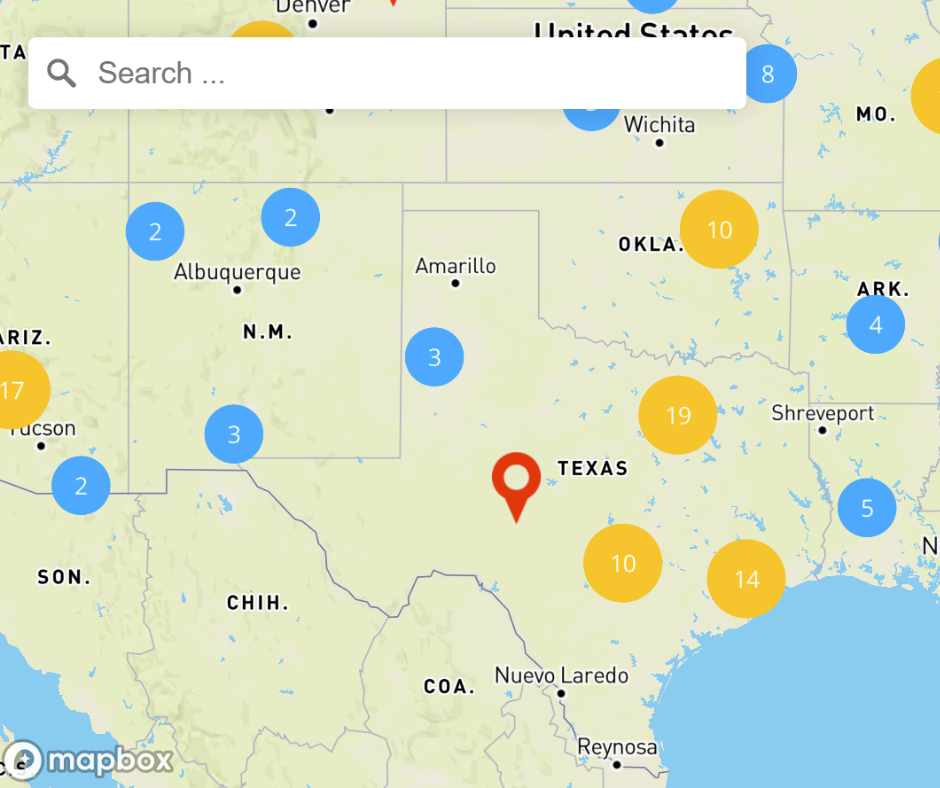
Enhance Your Public Health Site with Iwaspoisoned.com’s Inspection Data Map Technology
Many health agencies, like NYC Health, make inspection data public through user-friendly inspection report maps. If your agency is publishing inspection data, have you considered presenting it in a more accessible and engaging format? Our advanced Inspection Report Map technology allows you to provide detailed and updated food safety information for residents at a glance. By integrating our map into your public health agency’s website, you can further enhance transparency, showcase your commitment to food safety, and make it easier for your community to access vital information.
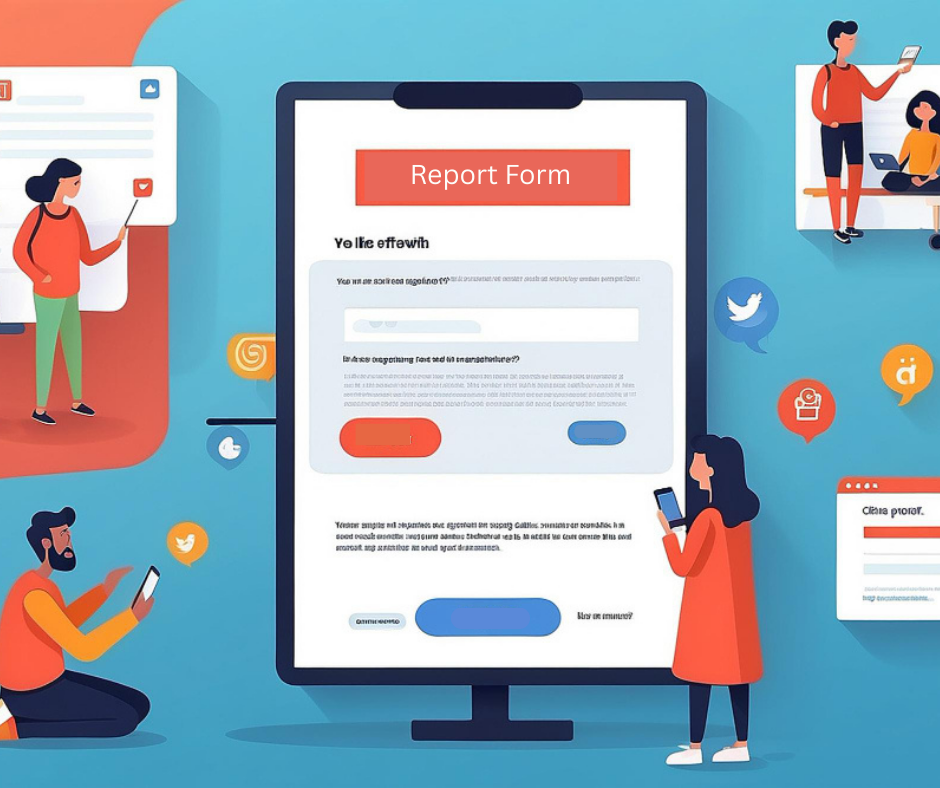
Embedded Food Safety Report Form
Streamline Foodborne Illness Reporting with Our Embedded Food Safety Report Form Empower your county with a free and easy-to-integrate online reporting system for foodborne illnesses. This geo-fenced, private labeled form is directly embedded into your county's website, enabling residents to report foodborne illnesses quickly and effortlessly on their local health department's site. While we handle the backend, you maintain full access to the data, which is ring-fenced and geofenced to ensure it is relevant and accessible only to your jurisdiction.

How the Moderation process works
How Our Moderation Process Works Our primary objective is to provide a reliable and trustworthy platform where consumers can share their experiences of suspected food poisoning. To achieve this, we have implemented a rigorous moderation process that ensures the authenticity and relevance of every report we receive. This process is a blend of human oversight and technical scrutiny, underpinned by our adherence to strict terms of use and privacy policies.

What data can you find on Iwaspoisoned.com?
Our platform brings together multiple sources of food safety information in one place, so you can see the complete picture of what's happening with food safety near you and around the world.
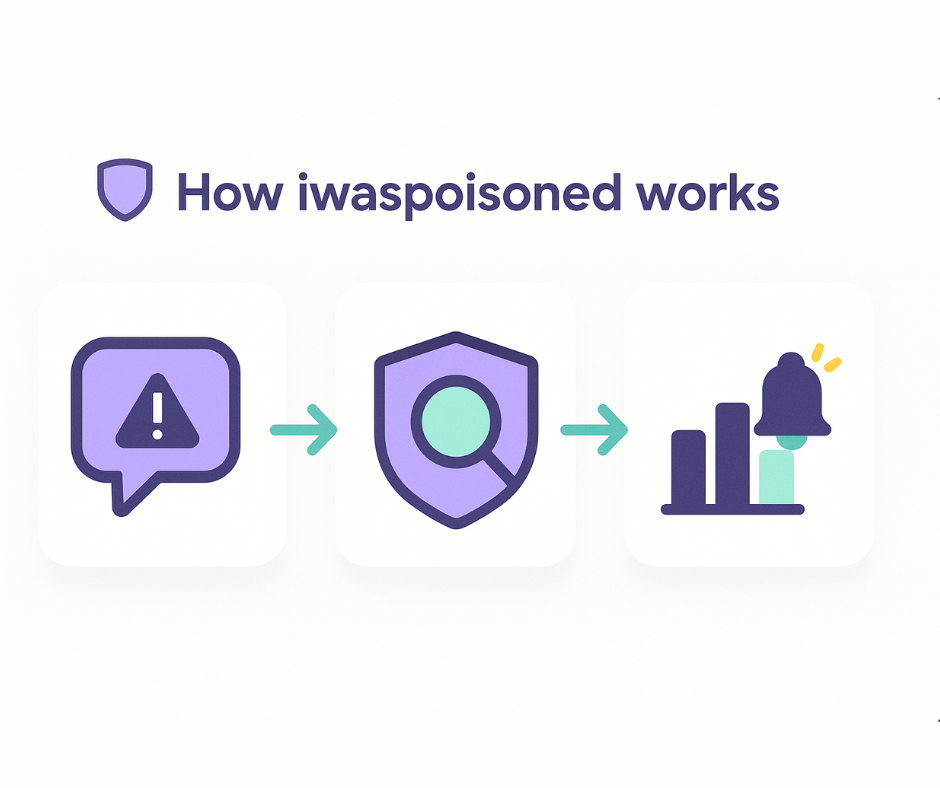
How Iwaspoisoned.com Works
How iwaspoisoned.com Works - Report Food Poisoning in 2 Minutes Help prevent others from getting sick by reporting suspected food poisoning. Your privacy is protected, and your report could stop an outbreak.
